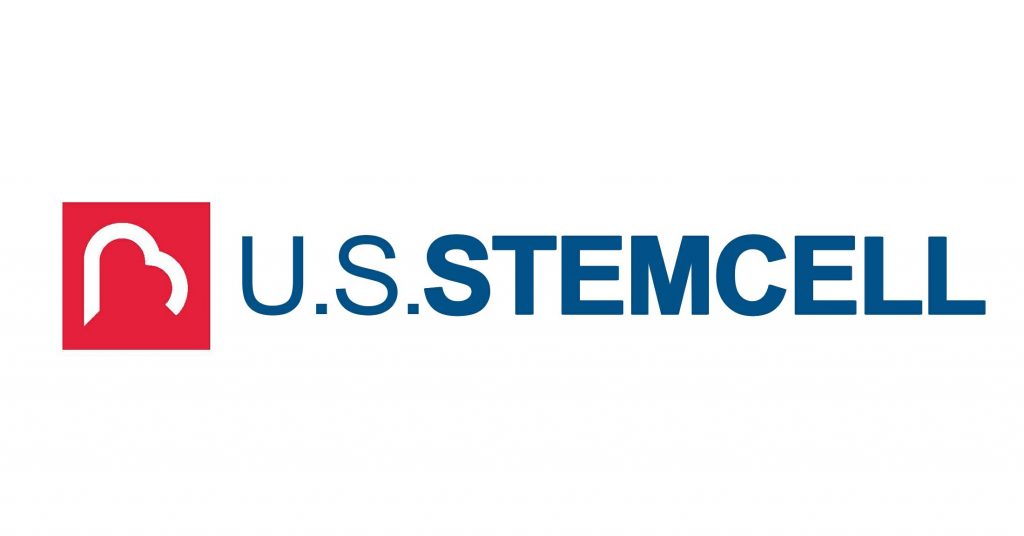The timestamps always get you in the end.
A widely touted 2017 paper linked to a controversial company promoting regenerative medicine has been retracted after the journal came to doubt the validity of the data thanks to some strange anachronisms and a digital breadcrumb.
“Intra-articular injection in the knee of adipose derived stromal cells (stromal vascular fraction) and platelet rich plasma for osteoarthritis,” appeared in the Journal of Translational Medicine to no small notice.
The article — which described a means of collecting and administering stem cells from patients’ own fat — received the most online attention of any paper in the journal at the time, racking up 53 mentions in news articles, roughly two dozen tweets. It has also been cited 57 times, according to Clarivate Analytics’ Web of Science.
The authors were affiliated with a variety of public and private institutions in the United States, Mexico, India and Puerto Rico, including most notably U.S. Stem Cell, which trumpeted the study — and another article, which remains intact — in a Dec. 1, 2017 press release and includes it in its roster of trials. The company is involved in an ongoing legal battle with the U.S. government, which alleges that it
adulterated and misbranded a stem cell drug product made from a patient’s adipose tissue.
According to the New York Times:
Three women suffered severe, permanent eye damage after stem cells were injected into their eyes, in an unproven treatment at a loosely regulated clinic in Florida, doctors reported in an article published Wednesday in The New England Journal of Medicine.
One, 72, went completely blind from the injections, and the others, 78 and 88, lost much of their eyesight. Before the procedure, all had some visual impairment but could see well enough to drive. …
The women had macular degeneration, an eye disease that causes vision loss, and they paid $5,000 each to receive stem-cell injections in 2015 at a private clinic in Sunrise, Fla. The clinic was part of a company then called Bioheart, now called U.S. Stem Cell. Staff members there used liposuction to suck fat out of the women’s bellies, and then extracted stem cells from the fat to inject into the women’s eyes.
The suit named both U.S. Stem Cell and Kristin Comella, its former chief scientific officer who resigned in 2019 — and a co-author of the now-retracted study.
According to the retraction notice:
The Editor-in-Chief has retracted this article [1] due to a number of concerns that have come to light after publication. The clinical trial registry [2] for this study states that the study start date is 12 February 2012. However, documentation regarding the ethical approval provided by the corresponding author shows that the authors applied for ethics approval on 18 February 2012, and that the ethics committee approved the study on 17 September 2012. Additionally, the time stamp on Fig. 4a is 11 September 2012 and on Fig. 4b it’s 27 February 2010, which suggests the research was conducted before ethics approval was obtained. The Editor-in-Chief therefore no longer has confidence in the reliability of the data reported in the article.
Prasad Koka agrees to this retraction. Himanshu Bansal, Kristin Comella and Thomas Ichim do not agree to this retraction. Jerry Leon, Poonam Verma and Diwaker Agrawal have not responded to any correspondence from the editor/publisher about this retraction.
We asked Springer Nature, which publishes the journal, what prompted the investigation:
This was an editorially led retraction which followed an investigation by the Editor in Chief and the Springer Nature Research Integrity Group (SNRIG). The discrepancies in the dates were identified by SNRIG as part of its investigation into concerns raised.
Concerns were raised regarding the article so an investigation was initiated. Unless a complainant decides to make these complaints publicly we treat their identity as confidential.
We left a message for Comella through My Cells My Choice, an advocacy group with which she’s affiliated, but did not hear back. Our email to U.S. Stem Cell received no response.
Like Retraction Watch? You can make a one-time tax-deductible contribution or a monthly tax-deductible donation to support our work, follow us on Twitter, like us on Facebook, add us to your RSS reader, or subscribe to our daily digest. If you find a retraction that’s not in our database, you can let us know here. For comments or feedback, email us at [email protected].

Thomas Ichim also seems to feature on another retracted Translational Medicine paper: Stromal vascular fraction cells for the treatment of critical limb ischemia: a pilot study.
https://translational-medicine.biomedcentral.com/articles/10.1186/s12967-017-1243-3
https://pubpeer.com/publications/F92741FAB6813617091976CAB5B234
Among the authors, you will note the presence of Himanshu Bansal, who runs “Anupam Hospital” — a penis-enlargement clinic in a small town in rural India. Back in 2106, Bansal was on the verge of regenerating entire brains using stem-cells and electroacupuncture.
http://eusa-riddled.blogspot.com/2017/06/the-case-of-midwife-toad.html
How much can we trust data published by unproven stem cell clinics? This retraction gives me more doubt. I’ve been following developments re: this clinic for many years. Here’s my take on it: https://ipscell.com/2021/05/stem-cell-clinic-us-stem-cell-has-key-paper-retracted/